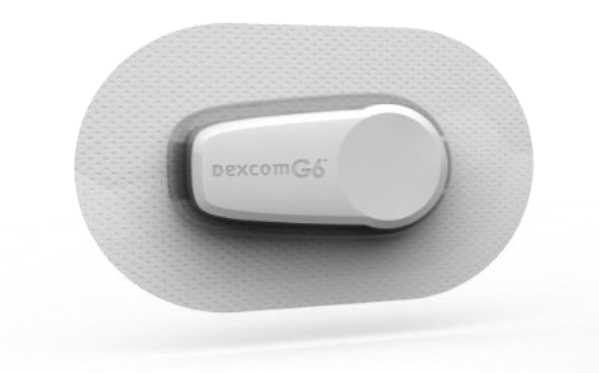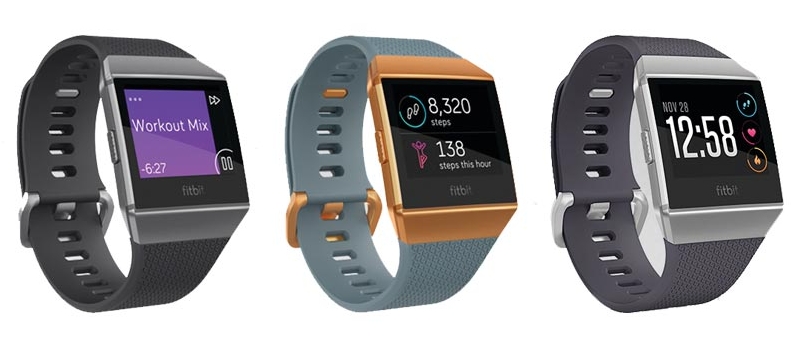Andrew Miranker and his team have focused their recent studies on a simple hormone in all of us – islet amyloid polypeptide (IAPP). Certain forms of this hormone actually poke toxic holes in cells, and this Yale team is leveraging this information to create new therapies to treat type 2 diabetes.
The progression of type 2 diabetes is tied to the health of insulin-producing cells in the islets, which are groups of cells in the pancreas. These cells are responsible for coordinating the release of insulin in response to changes in blood glucose. The failure of the islets over time plays an important role in the cause of type 2 diabetes as the body loses the ability to regulate blood glucose. Currently, there are no approved drugs available to treat the actual causes of type 2 diabetes.
Miranker’s lab is working with islet amyloid polypeptide (IAPP), a protein partner to insulin. This hormone is made by the same cells as insulin. When IAPP takes on the wrong shape, it pokes holes in the membranes of islets…holes that are large enough to kill these insulin-secreting cells. The Yale team is working hard to design a compound to target the particular, destructive IAPP structure in order to prevent toxicity.
IAPP works alone in its healthy state, but the toxic version is made up of tens to hundreds of copies of the protein. This creates a widely sprawling structure, and controlling it requires a different approach from those of traditional drugs. A great visual, Miranker’s team is designing a drug that acts like a fork for the spaghetti-like structure of IAPP to wrap around. The Miranker lab has developed a drug lead, ADM-116, that binds to IAPP by crossing the outer cell membrane, finding IAPP, and winding it up. By doing this, ADM-116 prevents IAPP from punching a hole in a sensitive internal cell membrane. This process essentially rescues cells that make insulin.
Using these discoveries, Miranker and his team, and the new Connecticut-based biotechnology company, ADM Therapeutics, will translate these discoveries into drugs that improve the long-term health of these cells. Although this research is currently focused on type 2 diabetes, these approaches will also apply to Alzheimer’s and Parkinson’s diseases.
Learn more from the YaleNews article, “Taming an unruly target in diabetes.”


















